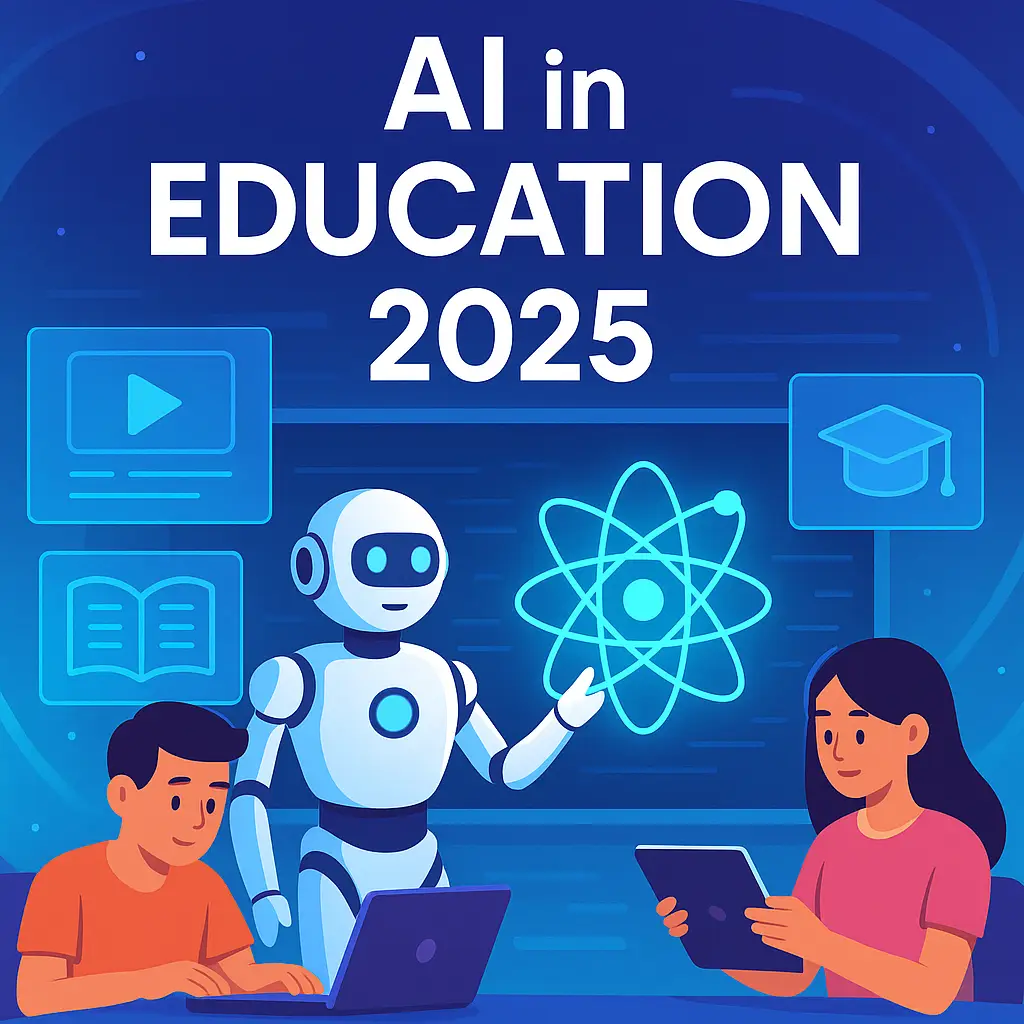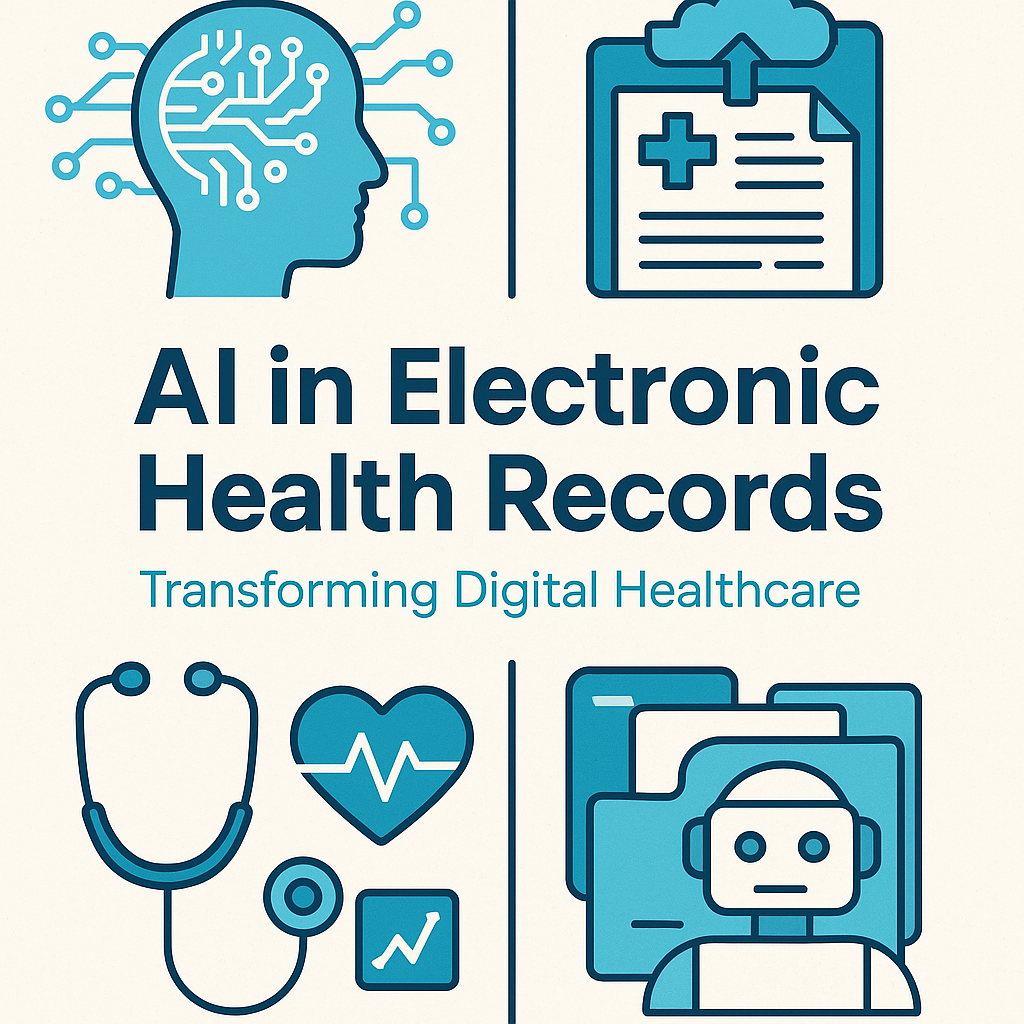AI in healthcare is changing the way we diagnose diseases, treat patients, and manage hospital systems. From deep learning in medical imaging to predictive analytics in patient outcomes, AI is shaping the future of medicine.

1. AI in Medical Imaging and Diagnostics
Machine learning models analyze X-rays, MRIs, and CT scans to detect abnormalities like tumors or hemorrhages. For example, convolutional neural networks (CNNs) can achieve accuracy exceeding human radiologists in breast cancer detection.
Example formula: Diagnostic accuracy (DA) is measured as:
\( DA = \frac{TP + TN}{TP + TN + FP + FN} \)
Machine Learning in Healthcare
2. Predictive Analytics for Early Intervention
AI helps predict patient deterioration, hospital readmission, and even disease onset using historical data and risk scores.
Formula: Logistic regression to predict readmission:
\( P(y=1) = \frac{1}{1 + e^{-(\beta_0 + \beta_1x_1 + \beta_2x_2 + \ldots + \beta_nx_n)}} \)
3. Natural Language Processing for Clinical Notes
AI can extract structured insights from unstructured doctor notes using NLP. This improves data interoperability and faster billing processing.
Formula: Term Frequency-Inverse Document Frequency (TF-IDF):
\( TF\text{-}IDF(t, d) = TF(t, d) \times \log\left(\frac{N}{DF(t)}\right) \)
4. AI in Personalized Treatment Plans
AI tailors treatments based on genetic information, lifestyle, and past outcomes. Tools like Deep Genomics use machine learning to propose gene-editing strategies for individual patients.
5. Administrative Automation and Chatbots
AI automates scheduling, claims processing, and virtual consultations. AI chatbots like Babylon Health reduce workload while improving access to basic health advice.
6. Challenges and Ethical Concerns
- Bias in Data: AI can amplify existing inequalities.
- Data Privacy: Patient data must be securely handled (HIPAA compliance).
- Interpretability: "Black box" models pose trust challenges.
Nature: AI Ethics in Healthcare
7. Real-World Case Studies
- Mayo Clinic uses AI to predict sepsis early and reduce ICU admissions.
- Google’s DeepMind detected 50 eye diseases with over 94% accuracy.
8. The Future of AI in Healthcare
AI will continue to evolve through federated learning, quantum computing, and real-time analytics. Emerging standards aim to make AI safer and more transparent.
Conclusion
AI in healthcare is already delivering life-saving innovations and operational efficiency. From diagnostics to predictive analytics, AI empowers medical professionals to provide faster, smarter care.








